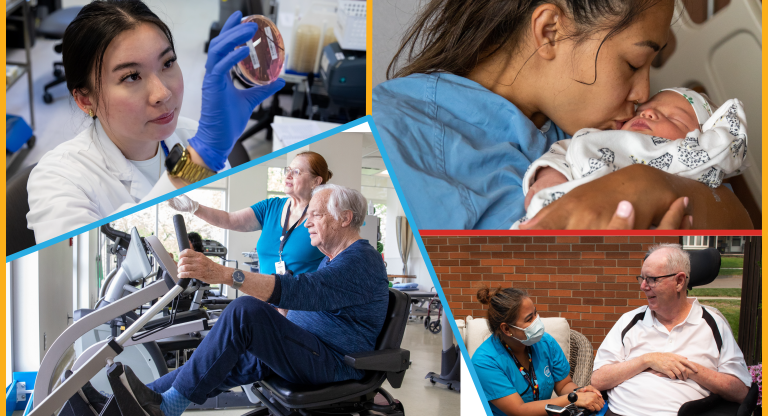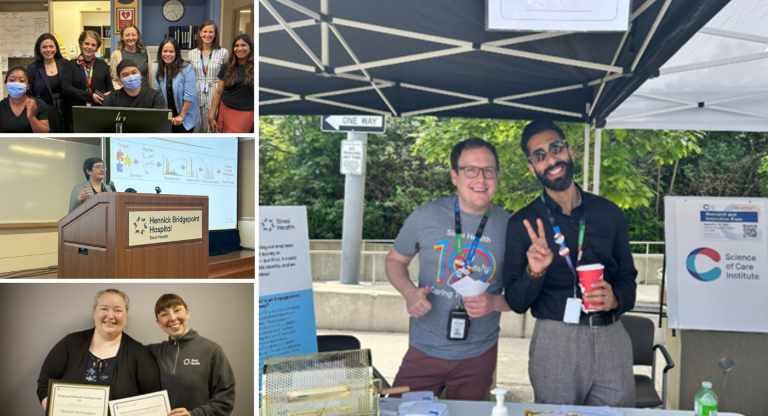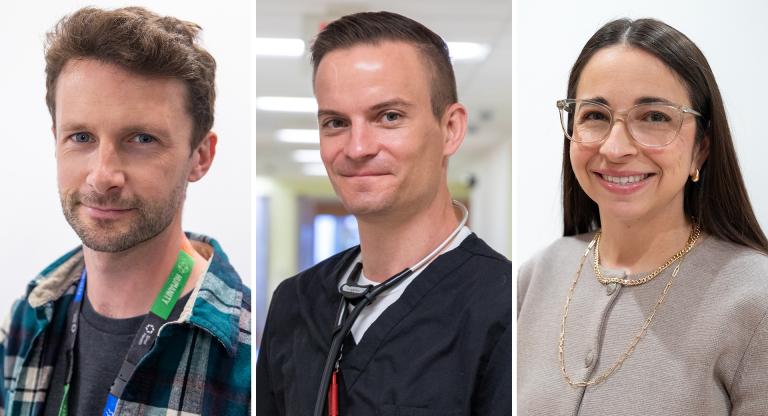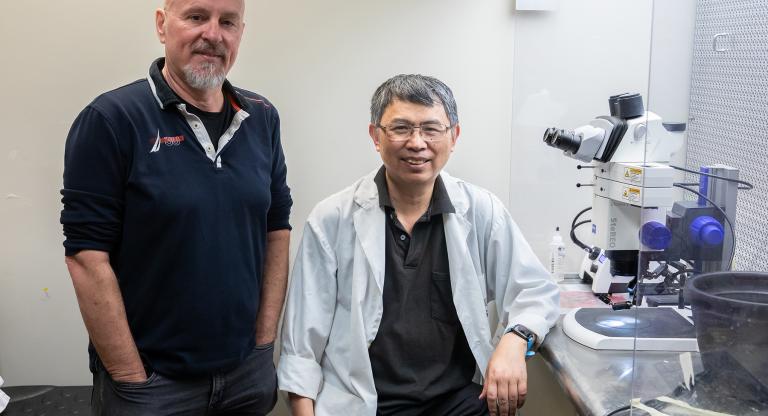Sinai Health receives $21 million gift to transform ICU, support research

Sinai Health has received a transformational $21 million gift that will help transform its Intensive Care Unit (ICU), providing critical support for an area that has played a key role in the ongoing COVID-19 response.
The gift from Shawn Kimel, and his partner, Kate Schatzky, will also invest in groundbreaking research at the Lunenfeld-Tanenbaum Research Institute (LTRI), in addition to supporting the redevelopment of a state-of-the-art ICU at Mount Sinai Hospital.
“Over the course of the pandemic, our front-line teams have exemplified what it means to be a champion of care,” said Dr. Gary Newton, President and CEO of Sinai Health. “Mount Sinai Hospital’s new ICU will care for our most critical patients and is designed to be ready for any future pandemic. The gift will have an immediate impact not only on our patients, but the interprofessional team that supports them.”
Shawn and his family are longtime supporters of Sinai Health, while Kate has developed a strong interest in health care, hospitals and patient care and advocacy in recent years. Their dedication to improving care heightened in 2017 after Shawn spent three weeks in a Toronto ICU recovering after a serious bike accident.
“Families often play a critical role in the recovery of patients,” said Schatzky. “We want every patient and family to have an improved experience in the ICU and better access to positive outcomes. This isn’t a one-size-fits-all approach. It requires assessing patient and family needs on a case-by-case basis and then, of course, having the understanding and resources to meet those needs.”
In recognition of their $10 million gift towards the ICU, the space will be named the Kimel Schatzky Intensive Care Unit. When complete in 2022, the new unit will more than double in size, growing to 35,500 square feet from 14,600 square feet and feature:
- 36 beds, up from 16
- Rooms with the flexibility to accommodate different levels of patient acuity, including six isolation rooms
- New technology such as articulating arms for better patient care, and automated dispensing cabinets for distributing medication
- A skills lab for training and education
- An enhanced visitor support area and family consult rooms
The transformation of the ICU is a major part of Renew Sinai, the largest and most ambitious redevelopment in Mount Sinai’s history. Many of the Hospital’s most important facilities will be completely redesigned and rebuilt by the end of 2022.
“We are immensely grateful to Shawn Kimel and Kate Schatzky for their transformational philanthropic leadership,” said Louis de Melo, CEO of Sinai Health Foundation. “Their support will help us improve the patient and family ICU experience when patients are at their most vulnerable. Through their investment in research, we’ll also be able to focus on future innovations and discovery.”
The Kimel and Schatzky gift has been directed to also support the following initiatives at Sinai Health:
- $5 million to support equipment at the LTRI – LTRI is the top-ranked biomedical research institute in Canada and is home to scientists who are number one worldwide in the fields of diabetes, cancer and molecular biology. It has also played a critical role in the fight against COVID-19, contributing to how to best identify and treat the virus. The gift will allow LTRI to purchase vital equipment and will have a huge impact on its research.
- $3 million to fund the Tony Pawson Sinai 100 Chair – Part of the upcoming Sinai 100 campaign that will celebrate the centenary of Mount Sinai Hospital, these chairs will recognize the trailblazing clinical and scientific leaders of our time. Dr. Tony Pawson passed away in 2013, but his research in molecular oncology transformed our understanding of cancer and other diseases. This gift will allow for Sinai Health Foundation to complete Dr. Pawson’s endowed chair.
- $3 million to fund the Lou Siminovitch Sinai 100 Chair – Similar to the Tony Pawson Chair, the Lou Siminovitch Chair is also part of the Sinai 100 Campaign. Dr. Siminovitch founded the research institute in 1985 when it was known as the Samuel Lunenfeld Research Institute. He is considered Canada’s founding father of genetic medicine and recently celebrated his 100th birthday in May.












